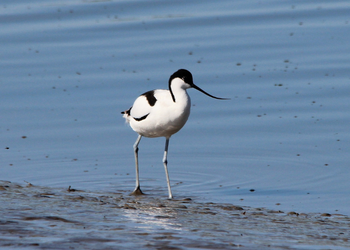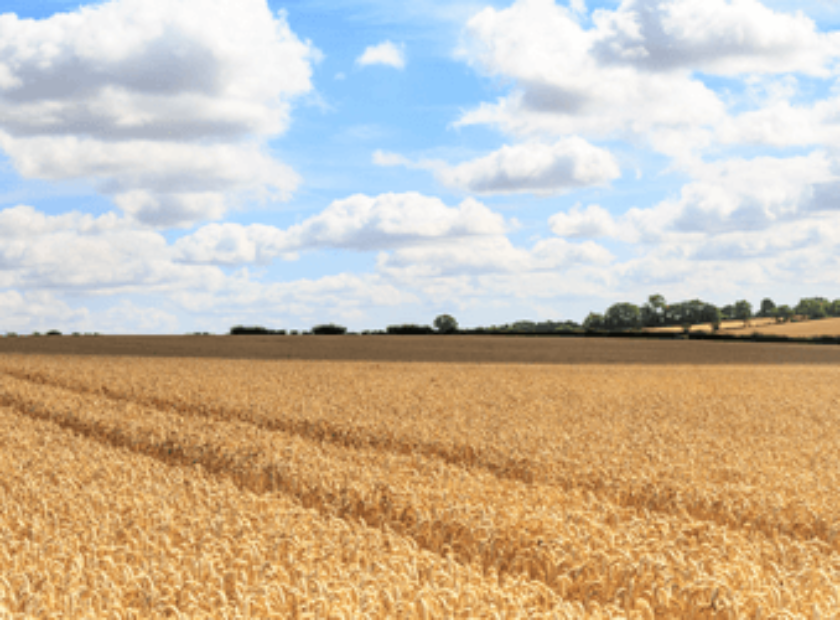
Blyth Valley & Southwold Wildlife Group: January Report
Throughout the winter, the Blyth Valley and Southwold wildlife group organise monthly meetings where they invite guest speakers to present on various topics of interest. Here, Penny Mansfield reports on their latest meeting.
East Anglia’s Changing Coastline
At the January meeting of the Blyth Valley and Southwold Suffolk Wildlife Trust group, Adam Burrows, from Natural England, gave a fascinating illustrated talk on the constantly changing coastline of East Anglia. We were able to follow the historic changes from Neolithic times through to Roman and Medieval periods, when terrible storms brought about the loss of many sea ports, Dunwich being our local example. However, the immense wetland fens and marshes of that period teemed with abundant wildlife. Bitterns were in such abundance that, at one lordly banquet, two hundred were served roasted.
Since the terrible floods of 1953, coastal protection became paramount and sea walls were created along coasts and rivers to protect people and property. The need for sea defence has in recent years increased, but the approach to how it is to be achieved is altering. The local audience are well aware of the crumbling, soft cliffs in our area, and the predictions for the loss of land over the next 50 years is sobering. Towns continue to maintain hard sea defences, but elsewhere a managed retreat is considered the best option, and different solutions are needed. Some beaches, as at Dunwich, are allowed to become more extensive and resilient, with localised dykes and outflows where necessary: elsewhere, sea defences further inland will be built, allowing more extensive and bio-diverse wetlands to develop and form a wider protection. And there are positive outcomes where wetlands are re-established: Marsh Harriers, Avocets, Spoonbills and Bitterns are breeding successfully again, and Cranes are once more in our skies.
The subject was of considerable local interest, and we all left with a deeper understanding of the complexities of coastal change and its management.
Our next meeting is on Thursday 9 February, 7.30pm in the Southwold Arts Centre, IP18 6JP. Paul Davies from the RSPB, will be talking about the Beach Nesting Birds of East Anglia. Admission £4, refreshments included. Under 25’s free. All are welcome.
Contact us at swtblythvalley@gmail.com






